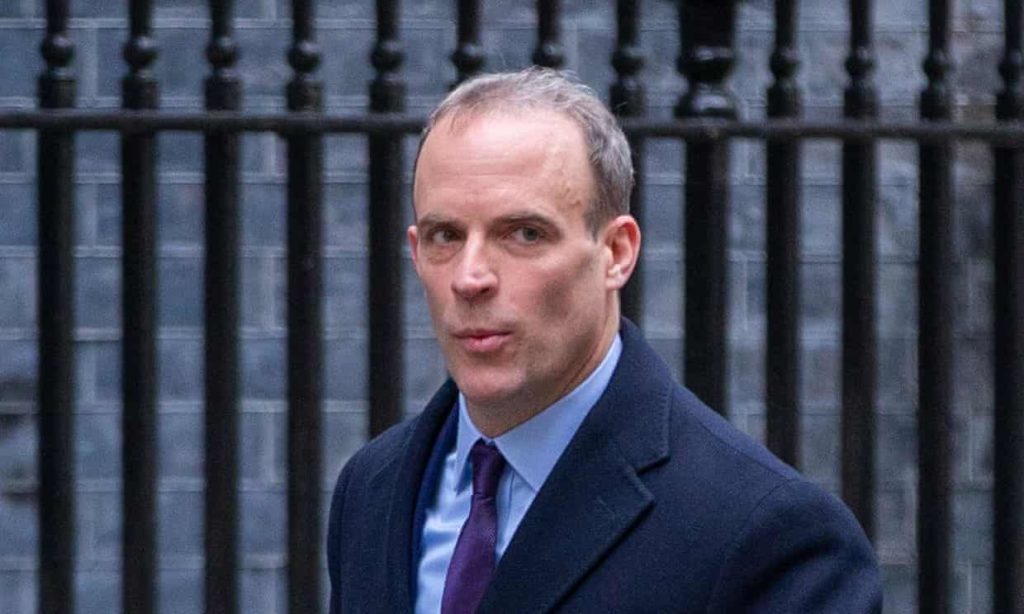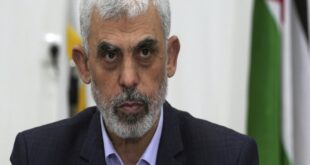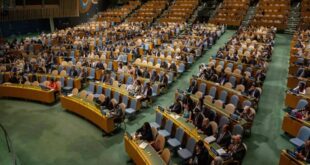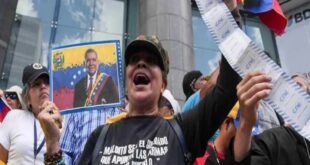
Although the United Kingdom was the first signatory of the European convention on human rights in 1950, it was five decades before the rights set out in the convention became accessible in domestic law. The Human Rights Act was a recognition that the authorities don’t always get things right and that statute was needed to enable in-country challenges to the state, protecting the public. Before the HRA was brought in, there was a steady flow of people to the European court of human rights seeking justice. Rulings in Strasbourg led the British government to strengthen oversight of deportations on the grounds of national security and helped equalise the age of consent for gay sex.
By bringing the convention home, Britons could vindicate their rights in courtrooms in their own country. Human rights are legal claims on the state; so the legality of state conduct became the business of this country’s courts. When Met detectives failed to carry out an effective investigation into the serial sex attacker John Worboys, the force found itself liable for mistakes. Parents used the law to stop benefit cuts for hospitalised children. Human rights law meant women were not routinely cross-examined in court by those they accused of rape. For the families of the 97 people killed in the Hillsborough disaster, the HRA was instrumental in helping reveal the truth about the circumstances leading to their loved ones’ deaths.
Dominic Raab, the justice secretary, sees things differently. Underpinning his “common sense” message is a version of legal xenophobia: that human rights are foreign to British instincts. He wants to make it harder for ordinary people to hold the state to account by suggesting that a costly permission stage for human rights claims would have to be overcome before judges heard a case. What Mr Raab proposes is a coup by an executive that wishes to restrict the power of the judiciary. He dresses up his plans to choke off demands for redress in a union jack. In his consultation paper to overhaul the HRA, the cabinet minister focuses on judicial decisions that are out of line with public opinion to make his case.
Mr Raab does not want foreign criminals to have human rights. Such offenders, he says, avoid deportation because their challenges were based on respecting their family life. Some appeals against deportation decisions succeed on such grounds – in some cases rightly; in other cases, evidence suggests, due to the incompetent management of the Home Office, not the HRA.
It is telling that the justice secretary engages in doublethink to make his points. He does not want to leave the convention. But he proposes that domestic courts should not be “required to follow or apply any judgment or decision of the European court of human rights”. Mr Raab wants to keep human rights, only to hollow out their role in law. He suggests that courts ought no longer to interpret whether legislation is compatible with human rights but instead consider whether it is “consistent” with ministerial aims. In other words, judge the government by vague intent rather than fundamental individual rights.
An independent judiciary is a vital check on the tendency of majorities to mistreat minorities and on an executive slide towards illiberalism. Enthusiasm for undermining that independence, as in Hungary, is a litmus test of a government’s authoritarian instincts. Judges are not all-powerful in Britain. They cannot strike down statutes, only find them incompatible with human rights. Mr Raab’s plans take Britain closer to an “elective dictatorship” than we were when Lord Hailsham used that phrase in a famous 1976 lecture. Opposition parties need to make the case that Britain might do some things better. Doing away with human rights is not one of them.





 World Opinions Débats De Société, Questions, Opinions et Tribunes.. La Voix Des Sans-Voix | Alternative Média
World Opinions Débats De Société, Questions, Opinions et Tribunes.. La Voix Des Sans-Voix | Alternative Média




